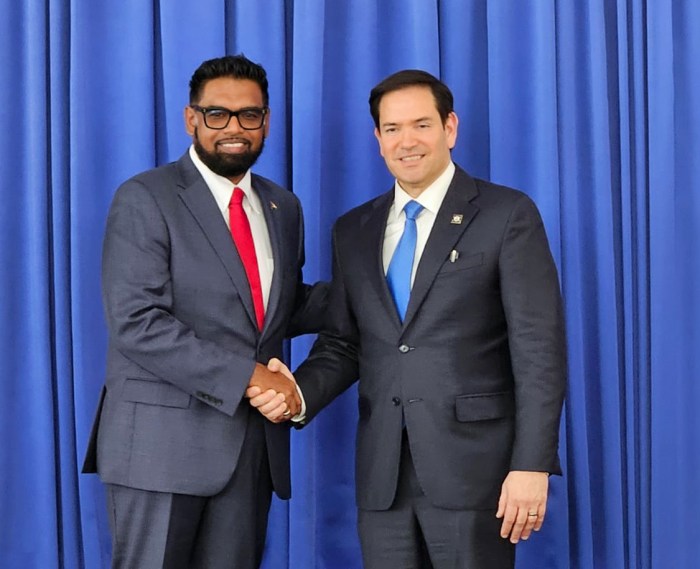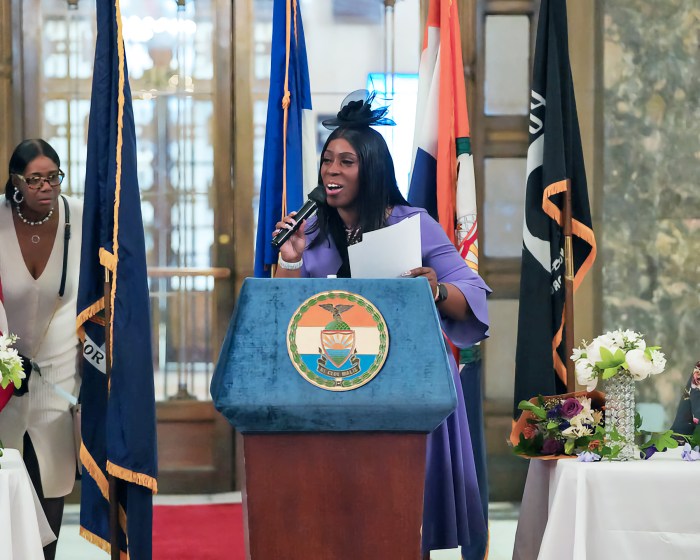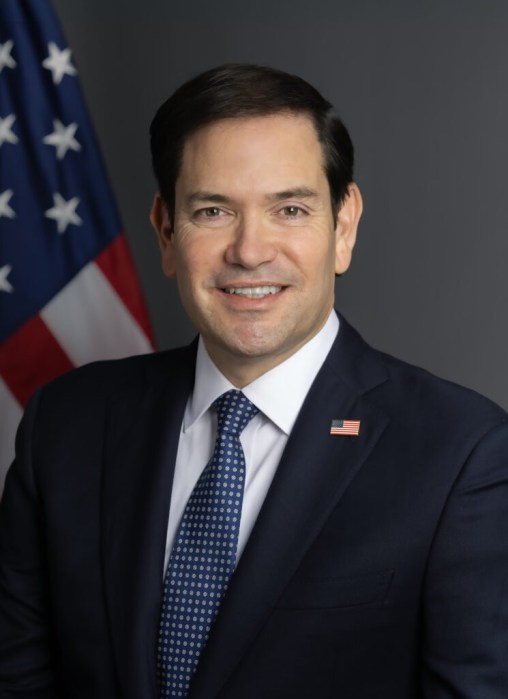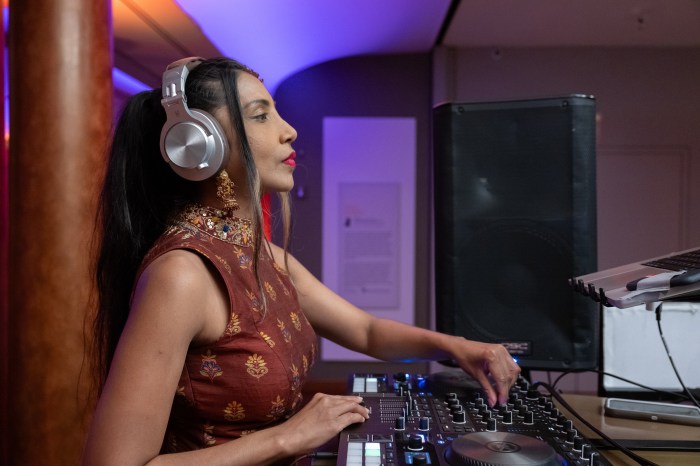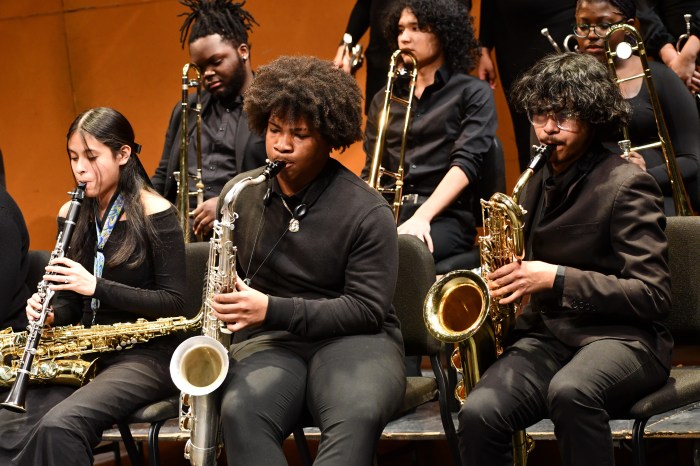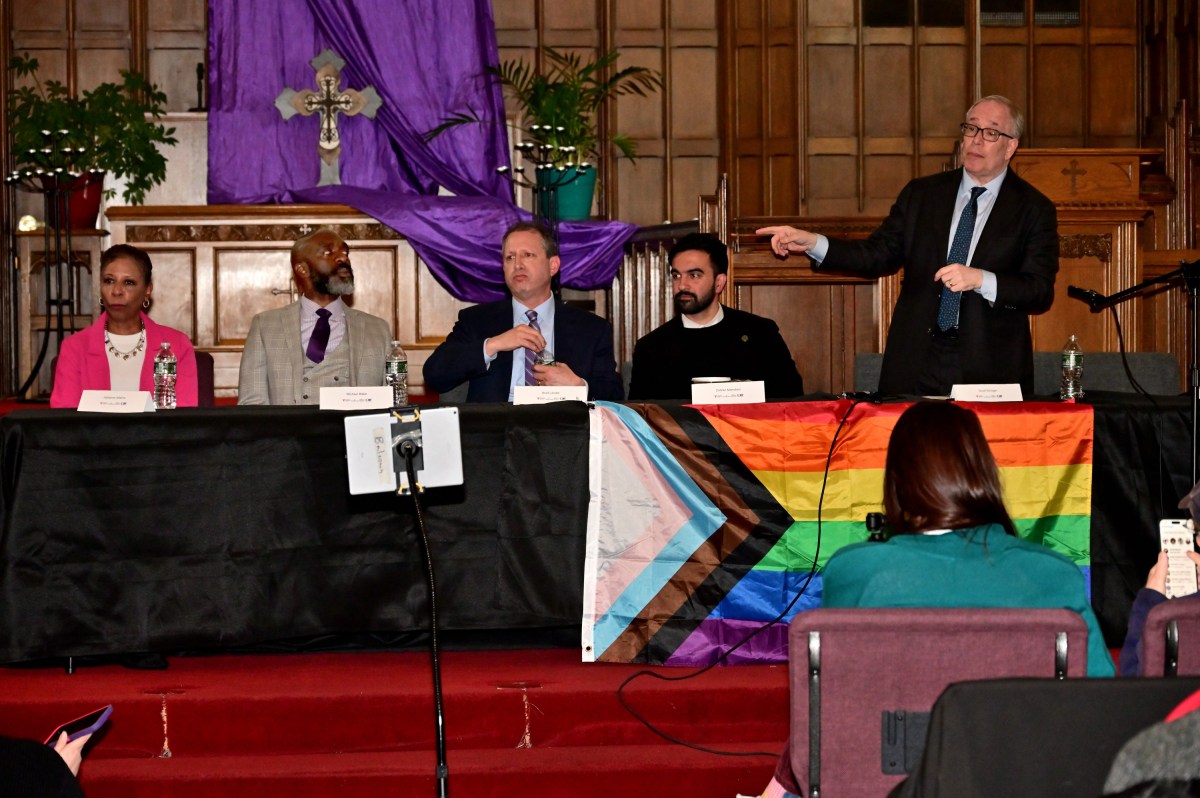By the end of this year, nearly every Caribbean Community nation, associate member and neighbor of different languages would have held general elections for new governments adding to the record breaking year of 2020.
If the community was last year hard pressed to cobble together elections monitoring teams with the challenges of shuttered airports and grounded airlines, mandatory PCR COVID-19 testing and negative results, the same might be true for this year as several countries are set to go to the polls in the coming weeks and months. By the end of this year, therefore, most of the wider Caribbean would have reelected or picked new governments in a 24-month cluster that easily reminds the world that the region is among the most democratic on the planet.
For example, the 2021 regional elections season is scheduled to begin this Friday with voters in the Turks and Caicos headed to the polls. The island chain is an associate member of CARICOM, still being a British dependency.
Premier
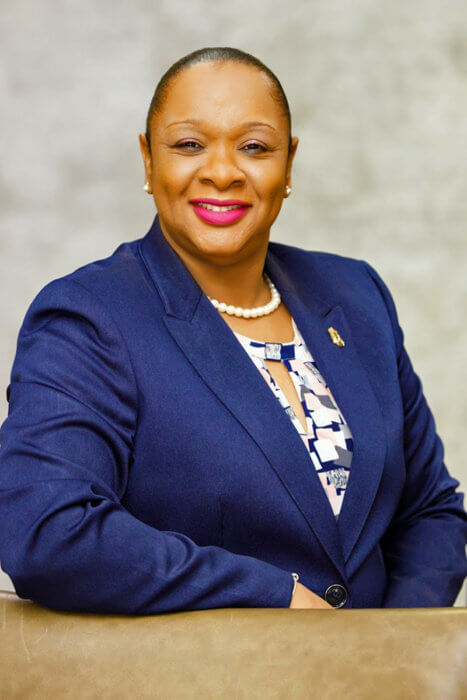
’s People’s Democratic Movement (PDM) with six of the 10 constituency seats under her belt, will face up to the Progressive National Party (PNP) of Rufus Ewing. She dropped the date on the opposition recently.
“Our best years are still ahead of us, it is time for you to restore this faith that you have shown. We shall ride the storm and conquer the pandemic. I stand here tonight, unafraid, undoubted. I come to you as a daughter and a sister, a mother and an aunt and because of what you have made me a leader,” Premier Sharlene Cartwright-Robinson said while announcing the date.
To follow next is the Cayman Islands where Governor Martyn Roper recently dissolved the legislature, named March 1 as nomination day for presentation of candidates and agreed with Premier Alden McLaughlin that islanders will vote on April 14, a month earlier than planned.
The premier of this very stable but idyllic tourism haven argues that efforts by the opposition to remove Speaker Mckeeva Bush could lead to parliamentary and political instability so he has decided to end the controversy by naming an election date, dissolving parliament and giving voters a chance to elect a new team.
In nearby The Bahamas, Prime Minister, Hubert Minnis seems set to call general elections a year ahead of schedule to both catch the opposition off guard and to win a new mandate before the economic situation worsens owing to the pandemic. The island has taken a beating from grounded airlines, large numbers of cruise ships in ports, the closure of major hotels, resorts and casinos and marine spots.
At the start of this week, authorities opened several voter registration centers as the elections commission ramps up preparations for elections not due until next year but will most likely be held by the first half of this year. The governing party has already screened and identified nearly 10 parliamentary candidates.
If there were any doubts about when a date would be named, House Speaker Halson Moultrie told Guardian Radio this week that he is convinced a poll date is just weeks away. “We have a circumstance where the country is going towards a general election, which suggests that the only other way to generate revenue is to raise taxes. Now, tell me which party is going to try to go into a general election raising taxes on the people. They can’t go much further than June. So, I see the activities. It suggests to me that it’s possible that an election can be called.”
Others scheduled for this year include full CARICOM member, St. Lucia as well as Dutch-speaking neighbors, Aruba and Curacao.
A record breaking year most likely for general elections in 2020 saw polls being held in Guyana, St. Kitts, Suriname, Trinidad, Jamaica, The Dominican Republic, Trinidad, Belize, St. Vincent, Dutch St. Maarten and Anguilla.


